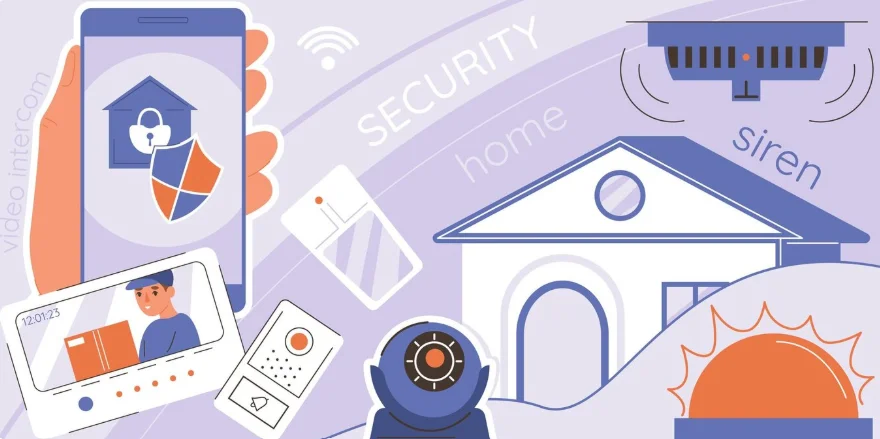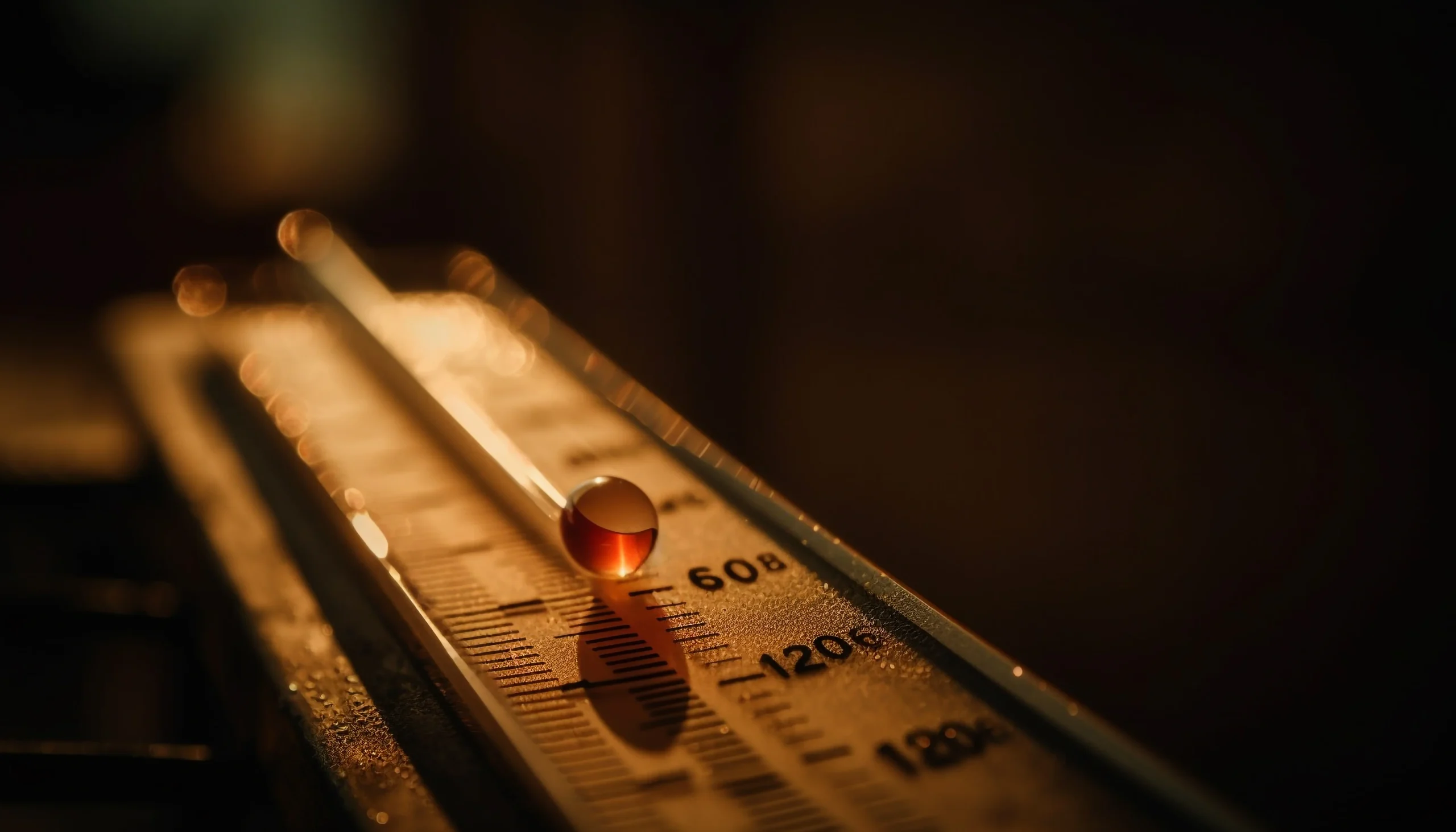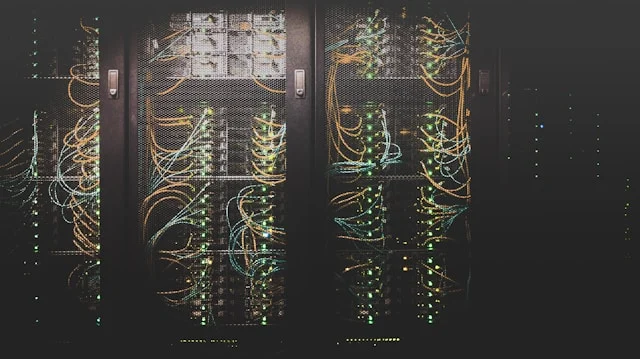Do you know that around 2.5 million burglaries are reported every year in the U.S.? Fortunately, I have never experienced any break-in or burglary. However, it’d be a blatant lie to say that this fact didn’t frighten me.
So, to overcome this fear and ensure the safety of my house, I immediately decided to invest in a home security system. Frankly speaking, my experience with a home security system is satisfactory till now, as every nook and corner of my house is covered with sensors and security cameras.
But, there’s one thing I regret: not knowing some crucial factors before installing a home security system. And, as I made this decision in haste, there was no way I could foresee the issues I faced later.
Nevertheless, I’ll share my experience here and explain some major points that I overlooked while installing a home security system.
Review The Prerequisites
There are a few things you should be mindful of before investing in a home security system. And, even before you purchase security gadgets, I’d recommend you fulfill those prerequisites. It’s because, without considering them first, it’s probable that your investment in a home security system might go to waste.
Now, do you know that there might be local, city, state, or federal laws about installing security cameras where you live?
In my case, I completely overlooked some local laws and freely placed security cameras around my house. And, some of them breached my neighbor’s privacy, which caused some trouble with the local authorities. So, it’s best to research such laws and plan your home security system within given guidelines.
Also, keep in mind that most security gadgets require stable connectivity to work efficiently. Since I was already subscribed to high-speed Verizon internet, reliable connectivity wasn’t an issue for me.
But, watch out for your connection if it isn’t fixed already. Simply because you might not be able to access them remotely, or security gadgets may malfunction without reliable connectivity.
Identify Your Needs
Home security needs can vary from one house to another. For instance, I believed my backyard’s low fence and porch were the most vulnerable spots in my house. So, I installed motion sensors, along with security cameras, at those places.
Like that, you might want to install baby monitors, glass-break detectors, doorbell cameras, and other security devices. So, keep in mind that home security needs depend a lot on how much protection you want for your house.
In many cases, a pair of security cameras might be enough to secure your house from every angle. And, in some cases, you might not be able to cover blind spots, even with dozens of security cameras.
So, thoroughly understand your house protection needs before installing a security system.
Set A Budget And Compare Available Options
Once you’ve identified your home security needs, it’s time to decide how much you’re willing to spend on it. Generally, a budget majorly depends on your needs. For instance, installing a few security cameras would be a lot cheaper than equipping your house with several cameras and sensors.
Having said that, home security systems are quite common now, and chances are, you’ll easily find quality setups within your budget.
However, I would recommend you keep an eye on additional features with security gadgets. As a general rule of thumb, the more features in a device, the better it is, and in the next heading, I’ll explain some of them.
Explore Additional Features
Here, I will discuss some features to look for in home security devices. However, keep in mind that these features may vary from device to device, and it’s up to you which of them you want.
- Remote Access: With this feature, you can remotely access security gadgets like cameras, alarms, and more via your smartphone or computer.
- Energy Efficiency: Some security gadgets can consume a lot of energy, and considering that they work around the clock, make sure to look for energy-efficient devices.
- Scalability: If you’re investing in a home security setup, make sure it’s scalable. This way, adding more devices to your security setup in the future won’t be a problem.
- Smart Home Integration: If you already have several smart home devices connected via a central hub, purchase security gadgets that easily integrate with your existing smart-home ecosystem.
Prefer Professional Installation
Installing smart home devices is tricky, and I believe it’s best to get professional help. Security gadgets like cameras or sensors need to be placed in the most effective spots. And, even though you might know where you need them, an expert can help you choose the best and most effective spot.
Also, there is always a chance that self-installation may cause faults and errors in home security gadgets later on.
Speaking from experience, I had to get my self-installed cameras removed and some sensors reinstalled by a professional, as they started to malfunction just a few weeks after installation. So, it’s recommended that you get a professional’s help to install your home security devices.
To wind up, I’d say that it’s always better to be safe than sorry.
The good news is, burglary cases have been declining over the last few years, but they haven’t completely stopped. And, since we might not know who’s keeping an evil eye on our house, it’s best to secure it with a home security system.


